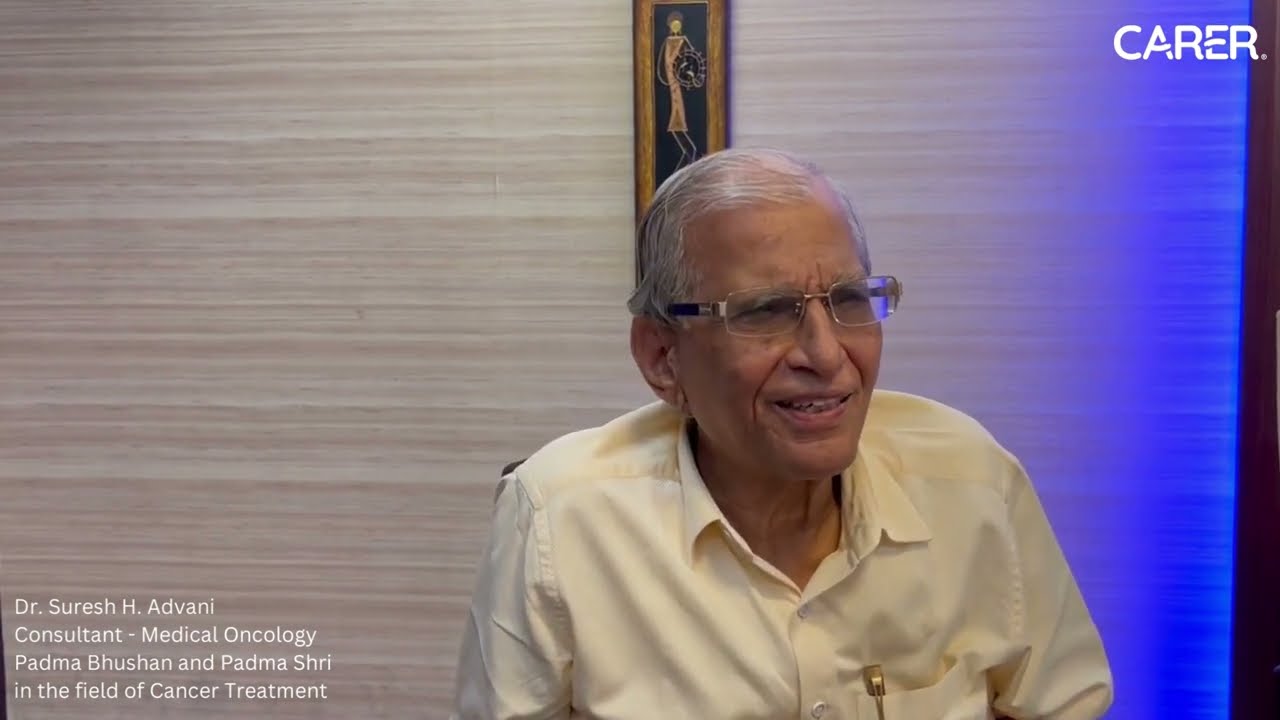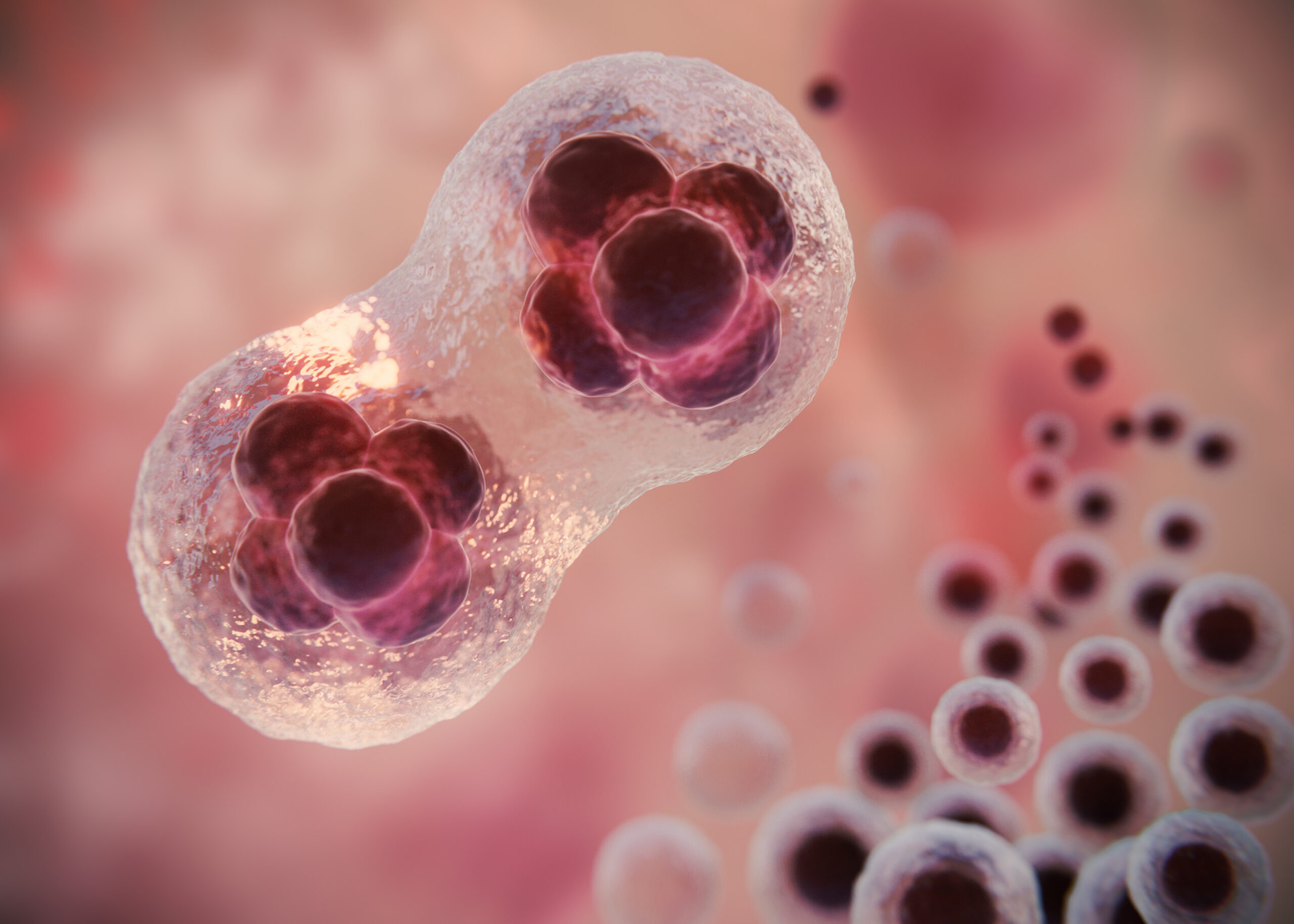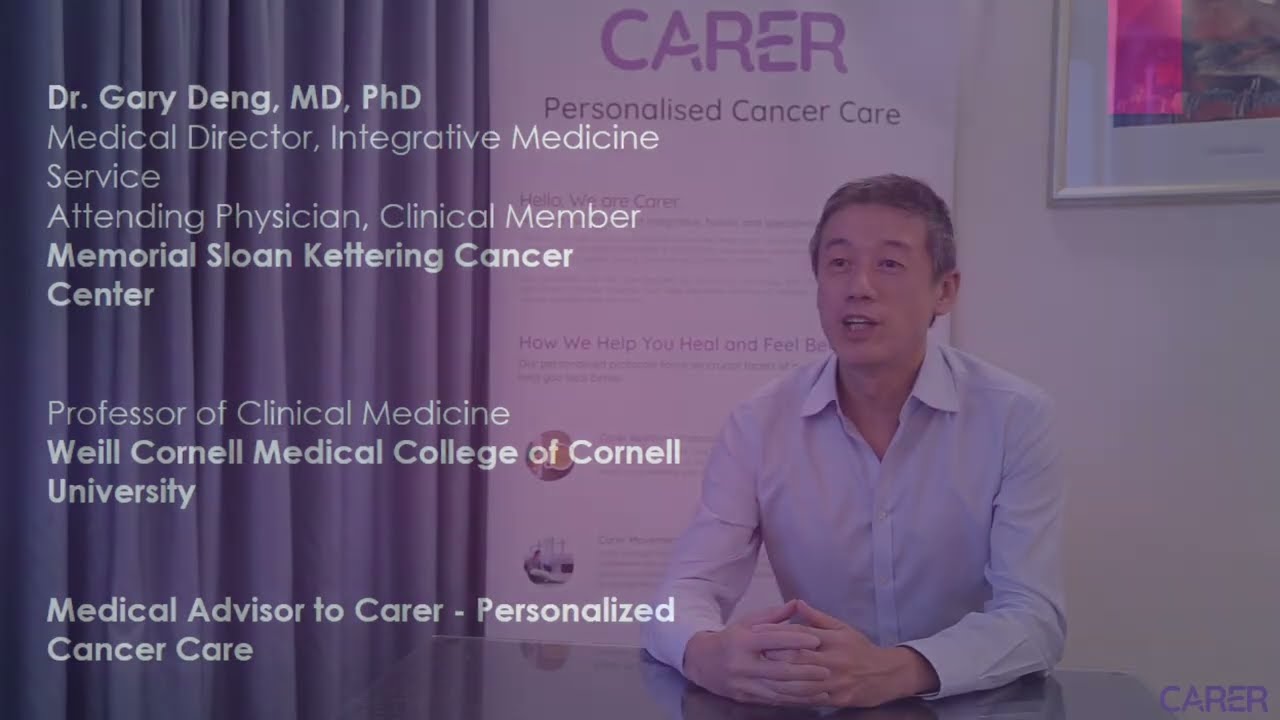Tag: cancer patients
-

Alternative Cancer Treatments: Insights from Dr. Advani
In the realm of cancer treatment, patients often explore alternative therapies like Ayurveda, homeopathy, or foreign treatments in hopes of a cure. However, renowned oncologist Dr. Advani offers a critical perspective on these methods, emphasizing evidence-based medicine over unproven remedies. The Limitations of Alternative Treatments Dr. Advani explains that while some traditional treatments may have…
-

Sitting is the New Smoking? How Sedentary Lifestyles Are Linked to Cancer
In today’s digital age, many of us spend hours sitting—whether at desks, in cars, or on couches. But research suggests that sitting for extended periods of time may be just as bad as smoking, raising the chance of developing chronic illnesses like cancer. Studies have linked sedentary behavior to increased risks of endometrial, breast, and…
-

Tumor Organoids and Lab-Grown Models: Customizing Cancer Care Before It Begins
Cancer treatment has long relied on a trial-and-error approach, with patients enduring multiple therapies before finding the most effective one. But what if doctors could test treatments on a patient’s cancer before administering them? Enter tumor organoids—miniature, lab-grown versions of a patient’s tumor that could revolutionize personalized medicine. What Are Tumor Organoids? Tumor organoids are…
-

A Cancer Patient’s Guide to Safely Dining Out
While undergoing cancer treatment, your mood, cravings, and taste preferences may change frequently. These tips will assist you in making safer and healthier dining choices if you’re sick of eating the same home-cooked meals every day and would prefer to eat out. Choose a Hygienic and Reputable Restaurant The most important factor is selecting a…
-

Caring for the Skin: Supporting Melanoma Patients with Natural Therapies
Melanoma, the most serious form of skin cancer, requires intensive care that includes immunotherapy, surgery, and perhaps chemotherapy or radiation. Natural remedies can aid in healing, skin recovery, and general well-being, even when medical procedures are essential. Understanding Melanoma Treatment and Recovery Surgically removing the tumor is often the first step in treatment, which may…
-

The Importance of Integrative Oncology: A Pioneer Approach to Cancer Care
Integrative oncology is transforming cancer care by blending conventional treatments with evidence-based complementary therapies such as acupuncture, meditation, yoga, and nutritional counseling. This holistic approach helps patients manage treatment side effects, reduce stress, and enhance overall well-being.Dr. Deng, a visionary in the field, emphasizes the significance of this movement: “I know it’s very difficult…
-

Foods to Avoid for Better Health and Cancer Prevention
Eating nutritious food is essential for a healthy life, but it’s equally important to avoid foods that can harm your body. Certain foods can trigger inflammation, increase cancer risk, and negatively impact overall health. Here are some foods you should limit or avoid: Processed and Grilled Meats Processed meats like bacon, hot dogs, and deli…
-

Understanding Colorectal Cancer
One of the most common cancers in the world, colorectal cancer (CRC) affects the colon or rectum. It usually arises from abnormal growths called precancerous polyps in the colon or rectum’s lining. Awareness is essential since early detection and treatment can increase survival rates. Causes and Risk Factors Symptoms to Watch For Early-stage colorectal cancer…
-

Recognizing Signs of Lymphedema After Breast Cancer Surgery and How to Manage It
Surgery for breast cancer that involves the removal of lymph nodes or radiation therapy can interfere with the lymphatic system and result in lymphedema, a chronic illness in which an accumulation of extra fluid causes swelling, generally in the arm or chest. Understanding the signs and proactive management can help maintain comfort and mobility. What…
-

Understanding Food and Drug Interactions: What You Need to Know
When taking medications, it’s important to be aware of how certain foods can affect their effectiveness. When a food, beverage, or supplement changes how a drug acts in the body, it’s called a drug interaction. These interactions may increase the potency, decrease the effectiveness, or even result in negative side effects of drugs. Why Do…
